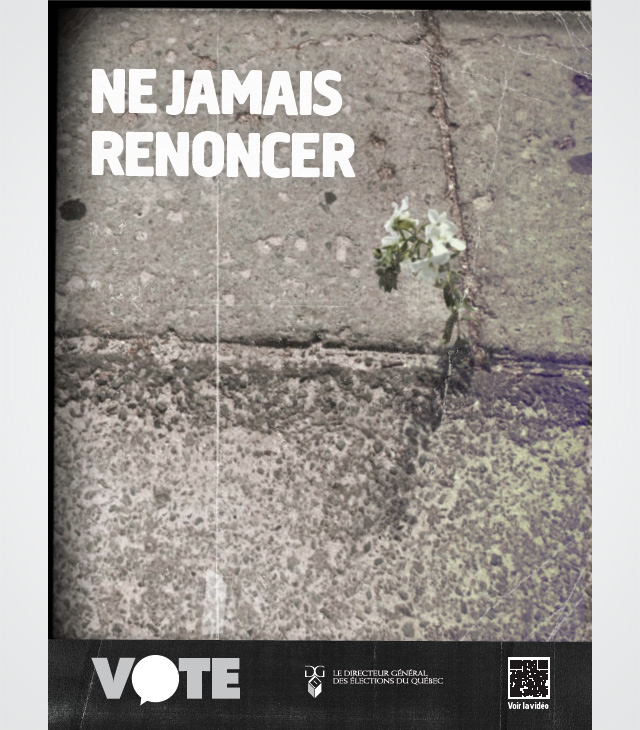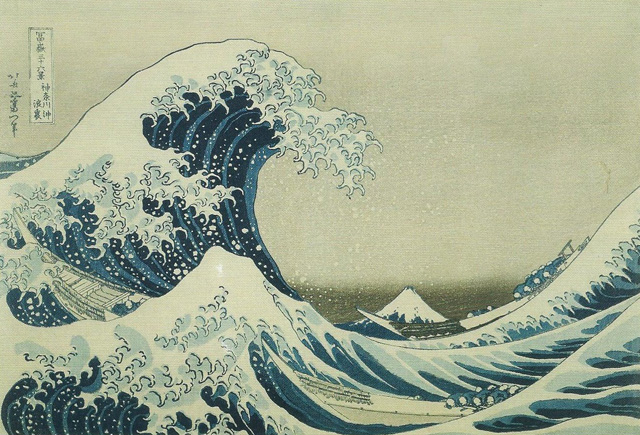Last week I attended a conference/camp about social media and PR for municipal employees. The day past fast, there were quite a few interesting workshops, but what really puzzled me was a workshop about PR during an emergency situation.
The presenter is consultant for municipalities in what to do and how to do things during an emergency. He asked us a question, what would we do if we would know that something bad will happen in the next hour, would we tell everything or would we withhold the information from the public?
He asked us to raise our hand if we would tell everything. There was no one in the room who would raise their hand, so I went ahead and raised it. There were others who joined me, but still we were a minority, the trouble makers…
He than gave us an example from his personal experience: during the infamous ice storm of 1998, he was in the emergency management team of a city hall, when they got the news that the city has water for one more hour. What to do? If they tell the public, the water would be finished in five minutes and they feared that chaos will erupt. Finally they have decided not to tell the population, but instead warn different official institutions about the imminent water shortage.
Well, his example was an elegant way of telling us, that we were wrong; here it is a good example when withholding an information can result in certain advantages.
Somehow I’m still not convinced by his argument. Is it easier to handle a crisis when just a few people know about an imminent situation? For sure it is! Is it the best thing to do? I’m not that sure.
I don’t have to go far back in time,let’s just take the example of Fukushima, where authorities have downplayed the danger of the radiation even as the whole World was following it closely. For sure they achieved what they wanted the World is now starting to forget even as radiation is worst than ever. Or we can think of Chernobyl, where the Soviets didn’t tell anyone about the accident. Back to Japan, there was the Toyota, for sure it was way less catastrophic situation, still the management of Toyota preferred to hide under the carpet, or if you prefer, under the floor mat, their problem.
What was the thing that they all lost? Credibility!
By hiding the truth, you might gain something on short term, like you have water for 45 minutes instead of five, but on the long term you lose credibility.
Well, this is my two cents… How about you? What would you do? Would you tell everything?













